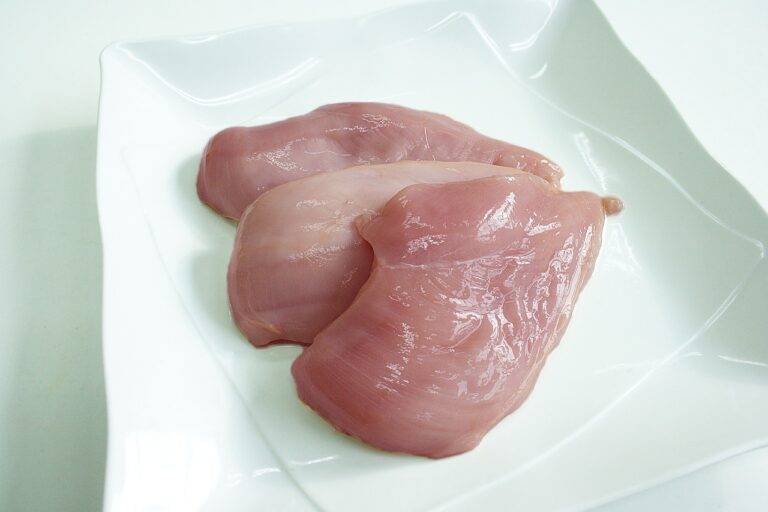Addressing the Challenges of Formulating Balanced Vegetarian Diets for Pets: Lotus book 365, Play exchange 99, All panel.com
lotus book 365, play exchange 99, all panel.com: Addressing the Challenges of Formulating Balanced Vegetarian Diets for Pets
As more people adopt vegetarian and vegan diets for themselves, it’s natural to wonder if our furry friends can thrive on plant-based diets as well. While it is possible to feed your pets a vegetarian diet, it does come with its own set of challenges.
In this article, we will explore the difficulties of formulating balanced vegetarian diets for pets and provide some tips on how to address them.
The Importance of Balanced Nutrition for Pets
Before we dive into the challenges of vegetarian diets for pets, it’s essential to understand the importance of balanced nutrition for our furry companions. Just like humans, pets require a mix of nutrients to stay healthy and vibrant.
Protein, essential amino acids, vitamins, and minerals are all crucial elements of a pet’s diet. Protein is particularly important for muscle development, while vitamins and minerals play a vital role in supporting overall health and well-being.
Challenges of Formulating Vegetarian Diets for Pets
While dogs are considered omnivores and can thrive on plant-based diets, cats are obligate carnivores, meaning they require meat in their diets to meet their nutritional needs. This fundamental difference between the two species poses a unique challenge when formulating vegetarian diets for pets.
Dogs can digest and derive nutrients from plant-based sources more easily than cats, making it easier to create balanced vegetarian diets for them. However, even for dogs, it can be challenging to ensure they are getting all the essential nutrients they need from a plant-based diet.
Some of the key challenges pet owners may face when formulating vegetarian diets for their pets include:
1. Protein Deficiency: Plants typically have lower protein content than meat, which can make it challenging to meet a pet’s protein requirements solely from plant-based sources.
2. Taurine Deficiency: Taurine is an essential amino acid for cats that is predominantly found in animal-based proteins. A deficiency in taurine can lead to serious health issues in cats, such as heart disease.
3. Vitamin and Mineral Deficiencies: Plant-based diets may lack certain vitamins and minerals that are essential for pets, such as vitamin B12, iron, and calcium.
4. Palatability: Pets may not find plant-based diets as tasty or satisfying as meat-based diets, leading to potential issues with appetite and food intake.
5. Digestibility: Some plant-based ingredients may be harder for pets to digest, leading to digestive issues and nutrient malabsorption.
How to Address the Challenges
While formulating a balanced vegetarian diet for pets can be challenging, it is not impossible. Here are some tips to help address the challenges and ensure your pet is getting all the essential nutrients they need:
1. Consult with a Veterinarian: Before transitioning your pet to a vegetarian diet, consult with a veterinarian to ensure it is the right choice for your pet and to create a customized meal plan based on their individual needs.
2. Choose High-Quality Protein Sources: Opt for high-quality plant-based protein sources such as legumes, quinoa, and tofu to help meet your pet’s protein requirements.
3. Supplement Wisely: Consider adding supplements such as taurine, vitamin B12, and omega-3 fatty acids to your pet’s diet to ensure they are getting all the essential nutrients they need.
4. Monitor Their Health: Keep a close eye on your pet’s health and well-being after transitioning them to a vegetarian diet. Look out for any signs of deficiencies or health issues and consult with your veterinarian if needed.
5. Offer Variety: Provide a variety of plant-based ingredients in your pet’s diet to ensure they are getting a broad range of nutrients and to make their meals more palatable.
6. Consider a Balanced Commercial Vegetarian Diet: If formulating a homemade vegetarian diet for your pet seems too challenging, consider feeding them a high-quality commercial vegetarian pet food that is formulated to meet their nutritional needs.
FAQs
Q: Can all pets thrive on a vegetarian diet?
A: While dogs can thrive on plant-based diets with proper planning, cats require meat in their diets to meet their nutritional needs.
Q: Are there any risks associated with feeding pets a vegetarian diet?
A: Feeding pets a vegetarian diet can pose risks of nutrient deficiencies if not properly formulated. Consulting with a veterinarian is crucial to ensure your pet’s nutritional needs are met.
Q: How can I tell if my pet is not getting enough nutrients from a vegetarian diet?
A: Signs of nutrient deficiencies in pets can include lethargy, coat issues, weight loss, and digestive problems. If you notice any of these signs, consult with your veterinarian immediately.
In conclusion, formulating a balanced vegetarian diet for pets comes with its challenges, but with proper planning and guidance from a veterinarian, it is possible to meet your pet’s nutritional needs on a plant-based diet. By choosing high-quality ingredients, supplementing wisely, and monitoring your pet’s health, you can ensure they thrive on a vegetarian diet.







